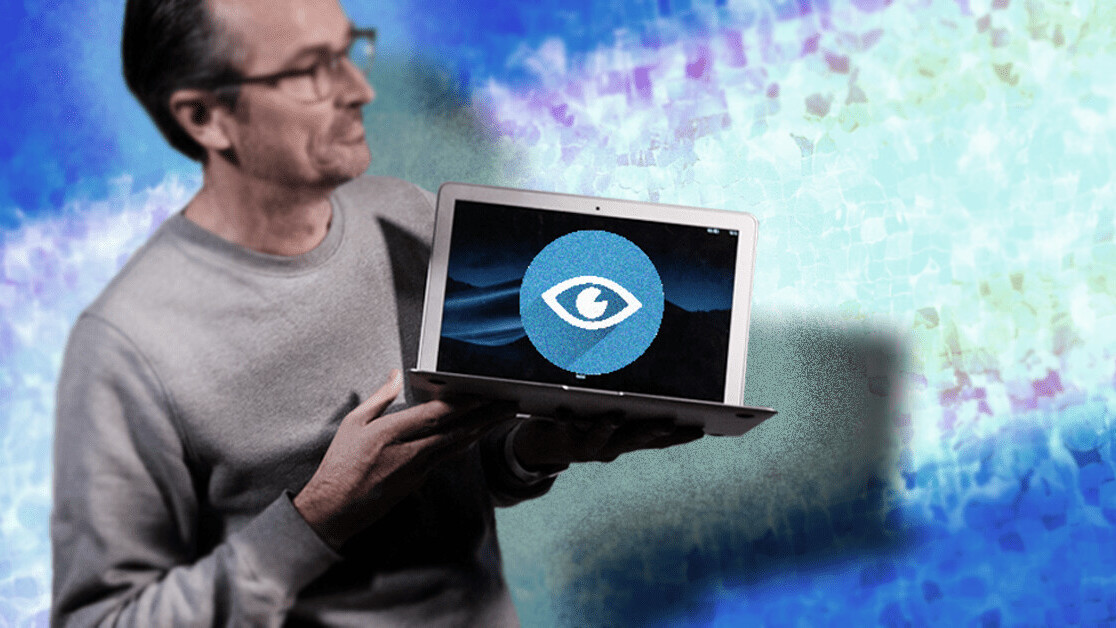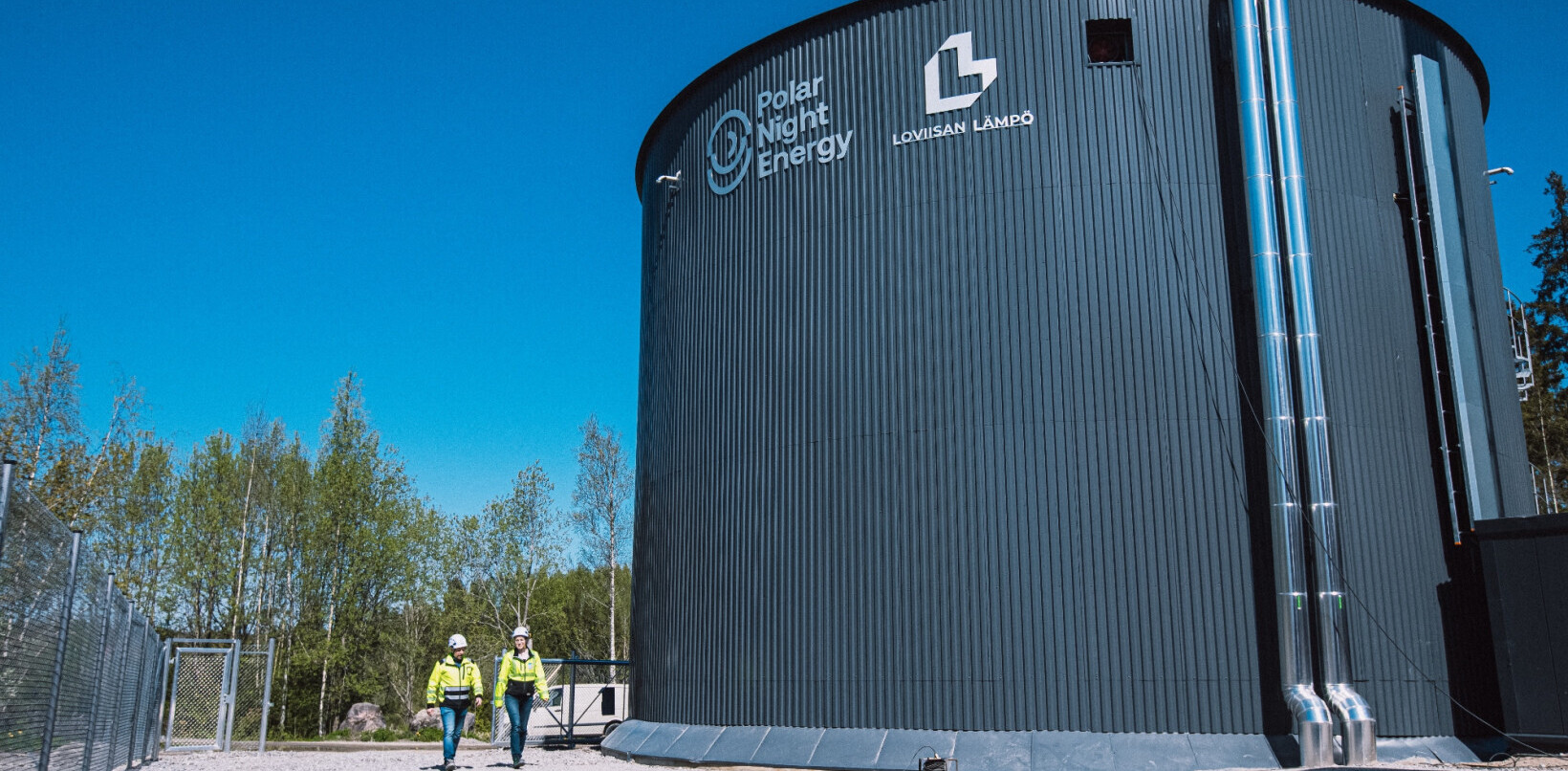
Boris is the wise ol’ CEO of TNW who writes a weekly column on everything about being an entrepreneur in tech — from managing stress to embracing awkwardness. You can get his musings straight to your inbox by signing up for his newsletter!
One of my friends used to run a company that was growing fast and needed to hire a CTO. She tapped her network and spoke to a bunch of potentials, trying to find the perfect candidate. After some search, one person stuck out in particular.
He wasn’t living in the same country though, so the first conversations all took place over the phone. After having spoken with the entire management team, and most of the dev team, they felt confident enough to invite him to the office for a face to face meeting.
As they went over the details, the prospective CTO asked if he could discuss the building layout with someone. They were confused for a moment and asked why this was important, to which he replied: “I’m blind.”
He needed the building layout to help navigate the office, which he was perfectly able to, once he had time to familiarize himself with it. Until that moment, nobody had considered this an option, and obviously, nobody had thought to ask, and the prospective hire did not feel it relevant to share this information either. And it turned out to be mostly irrelevant too. Yes, they made a few small adjustments to the office to accommodate him, but apart from that, his handicap was never an issue.
My friend later admitted she was glad this all went the way it went, and she was able to judge him purely based on his technical skills and not have the fact that he is blind cloud her judgment. He turned out to be one of the best hires they ever did.
It’s not all roses and sunshine, however. When I asked her how he’s doing now, she explained that it gets harder and harder for him to do his job. The market is dominated by open-source software that does not take the blind or visually impaired people into account.
This is an incredible waste of talent.
Now I can understand if some people think that optimizing for a small group of blind people might sound like it can’t be a startup’s first priority. A similar argument is sometimes made for diversity: startups should focus on revenue, hire the best people, and diversity or accessibility is a second or third priority.
If you’ve read my earlier weekly columns, you know I disagree strongly. Diversity is an efficiency tool: the more diverse your team is, the higher your ability to solve problems and create solutions.
The same goes for accessibility: if you start to think about making your creations accessible for people with disabilities, they’ll become more accessible and easier to use for everybody.
A basic example: if you design a site that’s optimized for people with slow connections, it will be super fast for people with fast connections. If your site is easy to navigate for the visually-impaired, it will also be super easy to navigate for those who can see without impairment.
Gandhi once said that the true measure of any society can be found in how it treats its most vulnerable members. The same can be said for every product and service out there.
Can’t get enough of Boris? Check out his older stories here, and sign up for TNW’s newsletters here.
Get the TNW newsletter
Get the most important tech news in your inbox each week.




